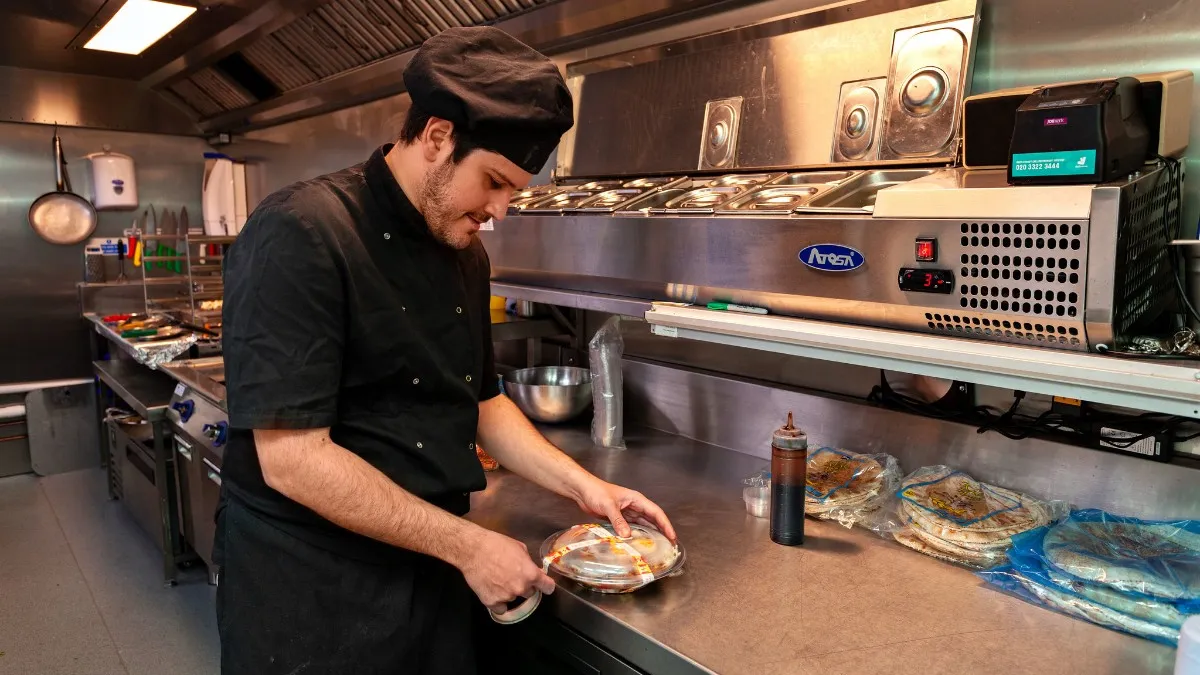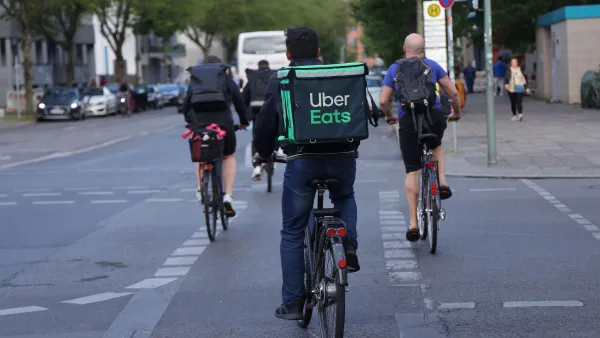Dive Brief:
- CloudKitchens, a company founded by former Uber CEO Travis Kalanick, has received $400 million from Saudi Arabia's Public Investment Fund, according to the Wall Street Journal. The funding could bring the company's valuation to about $5 billion.
- CloudKitchens buys cheap real estate and builds shared kitchens for restaurants to rent. It also runs its own delivery-only restaurants like Excuse My French Toast.
- The funding, which was granted in January, has helped with the company's expansion, including domestically and in global markets like China, India and the United Kingdom.
Dive Insight:
Prior to this round of funding, Kalanick poured his own $200 million into the concept, using proceeds from sales of his Uber shares, according to The Wall Street Journal. He added another $100 million in January. Kalanick's experience with Uber and its delivery logistics could bode well as CloudKitchens grows. It could also put him in competition with his former company. Uber Eats jumped into the ghost kitchen space in 2017 and has since grown to 5,000 units globally.
Reports of Kalanick's CloudKitchens venture started surfacing in the beginning of this year, with his plans to expand. Such an expansion will most certainly intensify competition in the quickly-growing space that also includes Grubhub and Deliveroo. A number of investments have poured into the virtual kitchen space as of late, illustrating confidence in the model as foodservice delivery continues to grow. Kitchen United secured a $40 million round of funding in September, for example, while Keatz has received $13.5 million in March and ClusterTruck has raised $10 million.
Also, the Saudi Public Investment Fund that provided funding to CloudKitchens already backs Reef Technology, which erects commissary kitchens in parking lots to help operators add revenue from unused space, according to WSJ.
Investor confidence aside, however, a massive question mark looms over the ability for such concepts to turn a profit. Kalanick himself has been tight-lipped on the CloudKitchen business, which makes it even more challenging to take a guess here. WSJ reports that the company has already made some acquisitions, about 10, and has bought more than 100 properties globally.
Further, ghost kitchens depend on delivery, which could pose a challenge considering profitability has been elusive for the delivery space. Analysts don't expect Uber Eats to make a profit until at least 2024, while Grubhub has lost nearly 30% of its value this year. Grubhub's Q3 struggles outlined in the company’s earnings report in October has caused a number of analysts to reassess the return on unprofitable tech companies all together.
In other words, though CloudKitchens is turning on investors and executing growth plans, sustainability could be a challenge, especially if the very delivery companies this model depends on are struggling. While ghost kitchens have plenty of benefits — significantly lower real estate costs for restaurant operators among them — other questions remain. How big are the margins for a concept that offers cooking as a service for delivery as a service, for example? Are they sustainable? Is there enough demand for more growth in this space considering the restaurant industry already has a saturation problem? Is a $5 billion valuation justified? The market has soured on an overvalued, unprofitable model with WeWork, and the work-share space likely has less competition than the ghost kitchen space.













